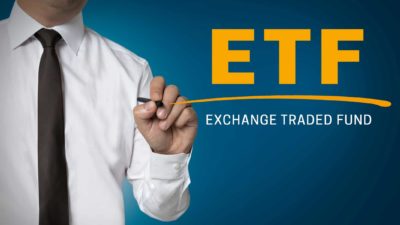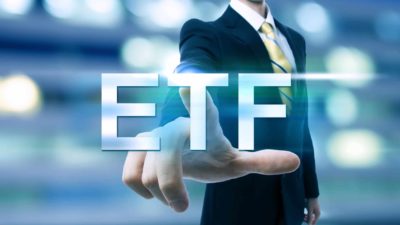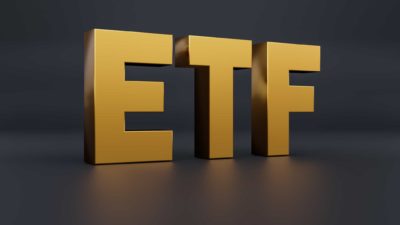The Vanguard MSCI Index International Shares ETF (ASX: VGS) has seen plenty of volatility this year, along with the ASX share market.
For readers that don't know, this exchange-traded fund (ETF) is an investment that tracks the MSCI World ex-Australia Index, in Australian dollars. This means it aims to track the combined return of almost 1,500 businesses that are listed around the world.
It gives exposure to names like Apple, Microsoft, Alphabet, Amazon.com, Tesla, Johnson & Johnson, Exxon Mobil, Berkshire Hathaway and Meta Platforms (Facebook).
Interest rates and inflation hit hard
The global share market has been through plenty of pain this year.
It has been a particularly painful time for names in the technology sector as interest rates hurt their valuation. The Vanguard MSCI Index International Shares ETF has a higher weighting towards tech than the overall ASX share market does.
Central banks have been increasing interest rates to try to put a lid on inflation and lower demand in the economy.
It has certainly impacted the global share market.
At the time of writing, the unit price of the ETF has fallen by 13.8% since the start of the year. That includes the impact of the Australian dollar weakening from being worth US 73 cents to currently being worth just US 63 cents.
This means $5,000 invested at the start of 2022 would have dropped to $4,310.
Currency reductions matter because the Vanguard MSCI Index International Shares ETF has around 70% of its portfolio invested in US shares. As the Australian dollar falls, it means the same US share is worth a higher amount in Australian dollar terms, assuming the share price stays the same.
Seeing as the Aussie dollar has been weakening, but the US share market has been falling in value, it has cushioned Aussie investors from some, but not all, of the decline.
We often see the share market go through volatile times, it's just hard to say when the next rollercoaster will start. However, I believe it may be a good time to go hunting for cheaper shares.
Why do interest rates matter?
Legendary investor Warren Buffett once explained why interest rates are so important for shares (and all assets):
The value of every business, the value of a farm, the value of an apartment house, the value of any economic asset, is 100% sensitive to interest rates because all you are doing in investing is transferring some money to somebody now in exchange for what you expect the stream of money to be, to come in over a period of time, and the higher interest rates are the less that present value is going to be. So every business by its nature…its intrinsic valuation is 100% sensitive to interest rates.
Don't forget about the income
The return I quoted above only refers to the change in the unit price.
ETFs also pass through dividends from the underlying businesses to investors in the form of distributions. This particular one pays it to investors every quarter.
If I owned Vanguard MSCI Index International Shares ETF units at the start of the year, I would have been entitled to four distributions in this calendar year, with the distribution for 31 December 2021 going ex-entitlement on 4 January 2022.
Those four distributions would amount to $1.74 in total. Some of this comes from crystallised capital gains within the ETF, so it's not just dividend income received by the ETF.
The distributions add a 1.6% return to the picture. That would offset $80 of the decline.
Therefore, the ETF's return has only been a fall of 12.2%, implying that an investor would have $4,390 left.
What's next for the Vanguard MSCI Index International Shares ETF?
The performance of an ETF is dictated by the returns of its underlying holdings.
That means that whatever happens next will be decided by the global share market's blue chips.
For many of the names involved, it will depend on how high interest rates have to go to tame inflation. But, it will also depend on how their earnings go through the upcoming period. Will this economic environment hurt their profit growth? Or can earnings keep rising at a good rate? Time will tell.









